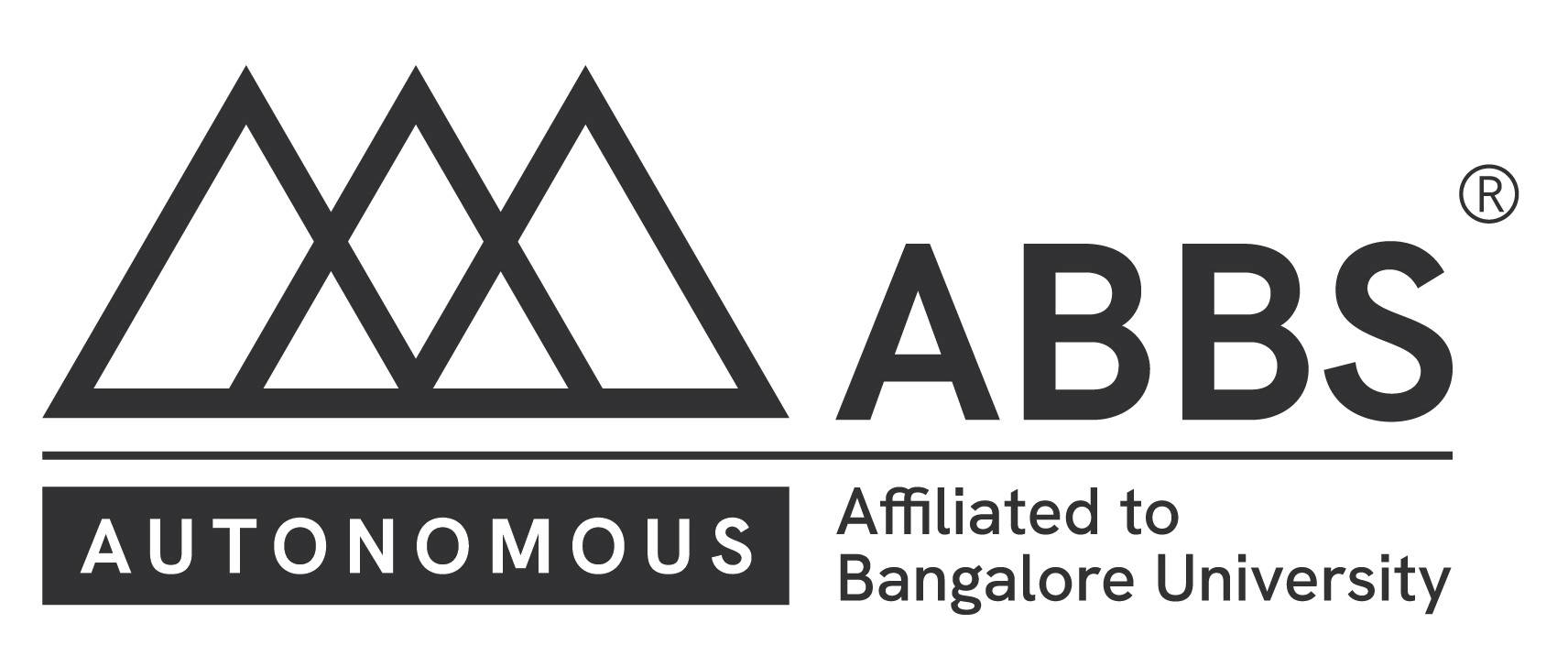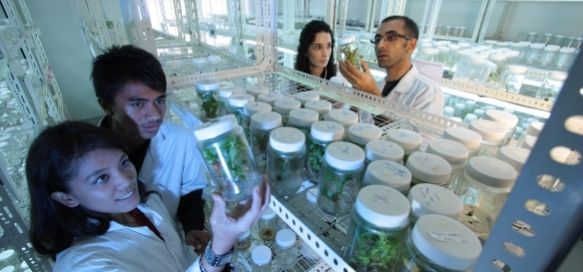Biotechnology was first noticed by masses when Edward Jenner invented vaccines. With Alexander Fleming’s discovery of penicillin, life began to acquire a new definition and meaning. Biotechnology began taking shape and until 1919, when Karl Ereky coined the term “biotechnology,” it was still not very clear as to where could these inventions be classified. However, with the coining of the term, every technology assisting or encouraging human life and form in some way or the other began getting classified under the field of biotechnology.
The question that is puzzling many is “would biotechnology be the future of life sciences?”
We fail to understand here that humans have been using biotechnology since ages by altering plant and animal genomes in ways that could benefit humanity. Claiming biotechnology and its advancements as inappropriate while deriving comfort from its benefits is not the right way of thinking.
The risks of biotechnology indeed include unintended results. Biotechnological advancements also pose a threat to humanity as future warfare agents. Many ethical measures have been taken towards this dimension; however, the risk: benefit ratio has not lessened over the years. If you note, biotechnological tools like DNA sequencing, recombinant DNA technology, DNA synthesis, genome editing and so on, have only benefitted the human race.
The fun part is that the current technological advancements like blockchain technology, cloud computing, robotics, and virtual reality are also favouring biotechnology as the future of life sciences.
How can modern technological advancements help?
Let us look a little more closely into how technological advancements contribute to biotechnology’s rise in making our life more comfortable if you’re to answer this question in a ‘yes‘ or a ‘no.’
- Robotics
Automating daily jobs, setting standard operating procedures, and ensuring absolute accuracy for every work undertaken is how the merger of robotics & biotechnology would help the future generations.
- Cloud Computing
Cloud computing is a technology adding up to streamlining “disaster recovery testing.” The process of auditing & replication to the clouds is also doing wonders for this field. It is a complex process, but it can simplify the way biotechnology is currently in use.
- Virtual Reality
Augmented reality would transform everything humans are touching on a day-to-day basis. From monitoring your health to creating appropriate exercises, deriving standard operating procedures and implementation of mobile diagnostic kits for a quicker testing procedure will take over the world in a few years drastically improving human life and the scope of life sciences.
- Blockchain Technology
According to a recent survey run by the Pistoia Alliance survey, almost more than 80% of life science leaders believe blockchain technology could benefit the way biotechnological records and drug safeguarding is being currently maintained.
In another five years, you could find more interaction between blockchain and biotechnology. To conclude, we can confidently say biotechnology could be the future of life sciences. It could be the future of science as it has a scope of merging different branches of technological advancement and other components of life sciences into it. This merger allows its growth and thereby a far brighter future than those branches of sciences where the scope of technological and scientific inclusions is limited somehow.





